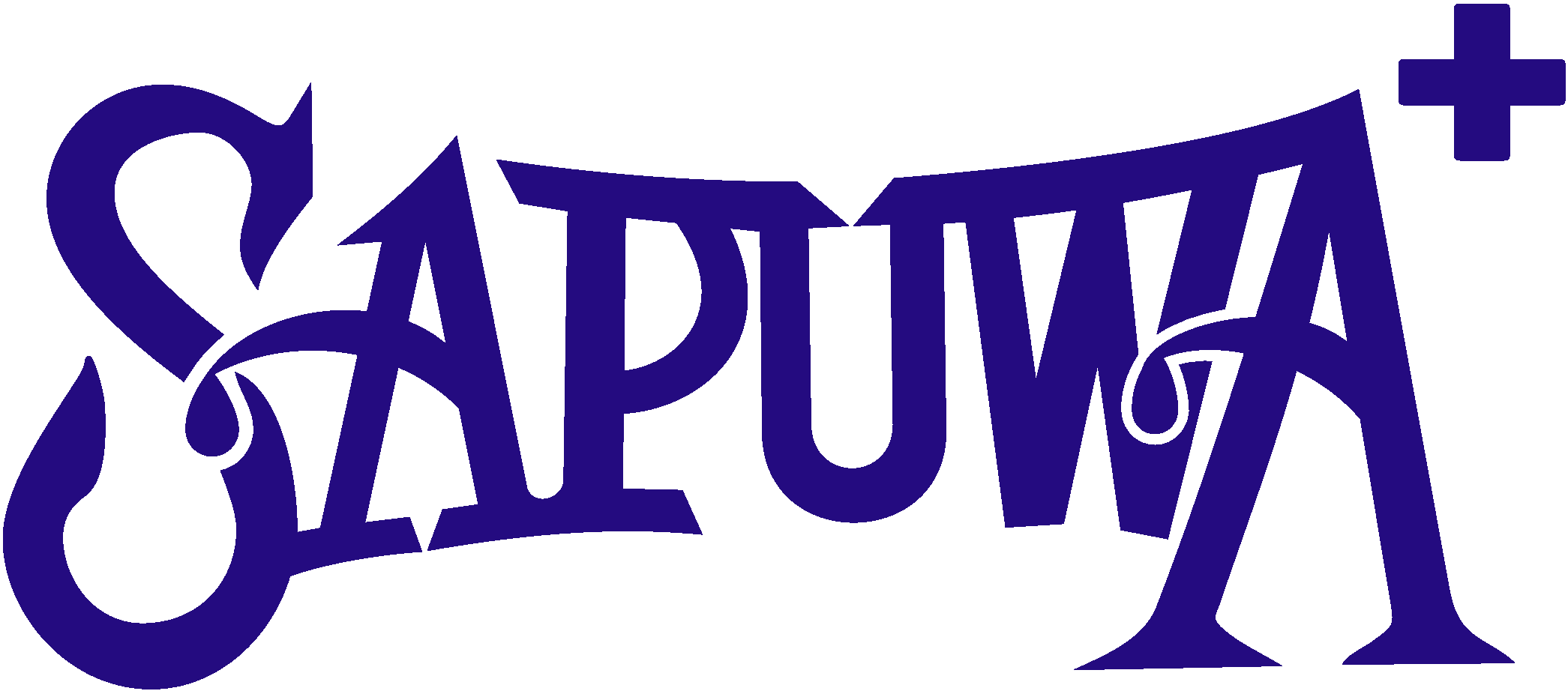Signs of dehydration in the elderly can be recognized and treated promptly
Dehydration is a condition in which the body loses the necessary amount of water, causing many negative effects on health. In the elderly, this condition becomes even more dangerous due to physiological factors that change with age. This article will help you better understand the causes and signs of dehydration in the elderly, potential harmful effects as well as effective prevention and treatment measures.
1. Why are older people susceptible to dehydration?
Elderly people are at significantly higher risk of dehydration than younger people due to a combination of physiological, pathological and environmental factors. Here are the main reasons why this happens:
-
Reduce the total amount of water in the body: Over time, the percentage of water in the body gradually decreases, especially in elderly people with a lot of fat. This reduces water storage capacity, making the body more susceptible to dehydration.
-
Reduced ability to concentrate urine: The kidneys of the elderly work less effectively, leading to a reduced ability to concentrate urine. This increases the amount of urine excreted and increases the risk of dehydration.
-
Reduce the feeling of thirst: Thirst is an important signal that helps the body recognize when it needs to replenish water. However, in the elderly, the feeling of thirst is often reduced or even lost, leading to them not drinking enough water.
-
Hormone changes: Hormones that regulate water and electrolyte balance in the body also change with age, reducing the body's ability to retain water.
-
Chronic diseases: Many chronic diseases such as diabetes, cardiovascular disease, kidney failure, chronic lung disease... increase the risk of dehydration. These diseases often come with symptoms such as frequent urination, diarrhea, vomiting, difficulty breathing, and loss of large amounts of water in the body.
-
Absorption disorders: Some gastrointestinal diseases such as irritable bowel syndrome, Crohn's disease... can cause fluid absorption disorders, leading to dehydration.
2. Signs of dehydration in the elderly
Signs of dehydration in the elderly are often unclear and easily overlooked, especially in those with underlying medical conditions or taking multiple medications. However, early recognition of these signs is very important to prevent dangerous complications.
Typical signs include:
-
Dry mouth, thirst: This is the most obvious sign, but elderly people do not always feel thirst due to reduced recognition ability.
-
Frequent urination, dark urine: When the body is dehydrated, the kidneys will try to retain water by reducing the amount of urine and darkening the urine color.
-
Fatigue and weakness: Dehydration reduces blood volume, affecting the transport of oxygen and nutrients to organs, causing feelings of fatigue, depression, and even exhaustion.
-
Dry, wrinkled skin: Skin loses elasticity and becomes dry. When pinched, the skin will not quickly return to its original state.
-
Dizziness and lightheadedness: Dehydration reduces blood pressure, causing insufficient blood supply to the brain, causing symptoms of dizziness, lightheadedness, and even fainting.
-
Confusion, temporary memory loss: Dehydration can affect cognitive function, causing problems with memory, concentration, difficulty thinking and making decisions.
-
Fast heart rate, low blood pressure: The body tries to compensate for lost blood by increasing the heart rate and constricting blood vessels, leading to low blood pressure.
-
Fever: Dehydration can increase body temperature due to a disturbance in the temperature regulation mechanism.
-
Muscle cramps: Dehydration reduces the amount of potassium in the blood, causing muscle spasms, often in the legs.
-
Sunken eyes: When dehydration is severe, the eyeball sinks deep into the eye socket.
-
Electrolyte disorders: Dehydration is accompanied by an imbalance of electrolytes such as sodium and potassium, affecting the function of organs.
Less common signs:
-
Constipation: Dehydration reduces intestinal motility, causing difficulty in bowel movements.
-
Nausea and vomiting: Dehydration can stimulate the nerve center causing nausea and vomiting.
-
Sudden weight loss: Dehydration causes a rapid loss of body weight.
Note: The above signs may appear individually or in combination, depending on the level of dehydration and overall health condition of the elderly.
3. Harmful effects of dehydration for the elderly
Dehydration is not just a feeling of thirst but also a serious health problem, especially for the elderly. When the body lacks water, organs and systems in the body cannot function effectively, leading to many worrying consequences.
Dehydration weakens the immune system, making the body vulnerable to attacks by bacteria and viruses, causing infections. At the same time, dehydration also reduces moisture in the digestive tract, making it difficult to digest food, leading to constipation and other intestinal problems.
More dangerously, prolonged dehydration can increase the concentration of minerals in the urine, creating favorable conditions for kidney stone formation. Besides, lack of water also increases the burden on the kidneys, causing serious damage to the function of this organ.
For elderly people suffering from chronic diseases such as cardiovascular disease, diabetes, kidney disease, dehydration makes the condition worse. Lack of water causes the heart to work harder to pump blood to the body, increasing the risk of cardiovascular complications. For diabetics, dehydration can increase blood sugar levels, causing dangerous complications.
In addition, dehydration also affects cognitive function, causing symptoms such as confusion, temporary memory loss, and reduced ability to concentrate. This is especially dangerous for the elderly, reducing quality of life and increasing the risk of accidents.
4. How to prevent and treat
Dehydration is a serious problem, but it can be prevented and treated effectively. Below are specific measures you can apply:
Drink enough water every day
-
Amount of water needed: Each person needs a different amount of water depending on weight, physical activity and climatic conditions. However, on average, an adult needs to drink about 2 liters of water per day.
-
Divide the amount of water: Instead of drinking a large amount of water at once, divide it into several drinks throughout the day. This helps the body absorb water better and avoid feeling bloated.
-
Use a water bottle with graduated lines: Helps elderly people easily keep track of the amount of water they drink and motivate them to drink enough water.
-
Combine with fruit juices, mineral water, electrolyte water...
Adjust your diet
-
Eat lots of water-rich foods: fruits, vegetables, yogurt...
-
Limit alcoholic beverages and caffeine:
-
Coffee, tea, alcohol: These drinks have a diuretic effect, increasing the risk of dehydration.
-
Carbonated soft drinks: Contains a lot of sugar, is not good for health and also increases the risk of dehydration.
-
Combine physical exercises
-
Walking: A simple exercise, easy to do and very effective in increasing blood circulation, helping the body absorb water better.
-
Yoga, qigong: Helps relax the body, reduce stress and improve overall health.
-
Exercise at home: Simple exercises can be done at home with expert guidance.
Monitor your health periodically
-
General health check: Check kidney function, cardiovascular function and other organs to early detect diseases that can cause dehydration.
-
Consult with your doctor: Discuss with your doctor about appropriate diet, lifestyle and medications you are using to avoid side effects that cause dehydration.
Dehydration is a serious problem, especially in the elderly. The recognition of the Signs of dehydration in the elderly Early and taking timely preventive measures is very important. By drinking enough water, adjusting your diet, exercising and periodically monitoring your health, we can help the elderly maintain good health and prevent dangerous complications caused by dehydration.
Relative post
- The secret to staying hydrated when traveling for a complete trip
- What should women over 30 drink to have beautiful skin and a youthful figure?
- Where should you go on September 2 in Ho Chi Minh City - Top 10 extremely hot places today
- September 2nd, where should we travel to heal our souls?
- Explain what electrolyte disorders are and effective ways to prevent them
- Alkaline ionized cooking water does not reveal surprising benefits
- Electrolyzed water to treat atopic dermatitis takes advantage of natural power
- Ways to alkalize the body protect health and prevent disease
- 5 signs of excess acid in the body and effective ways to balance it
- The secret to drinking water properly after eating to protect your health
- Types of water you should and shouldn't drink at night for a good night's sleep
- The secret to making tea with alkaline ionized water is especially delicious








 0
0


